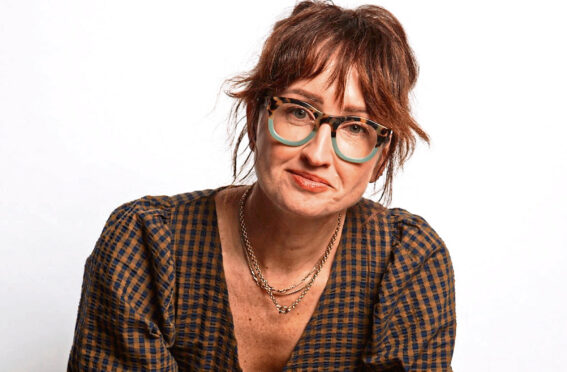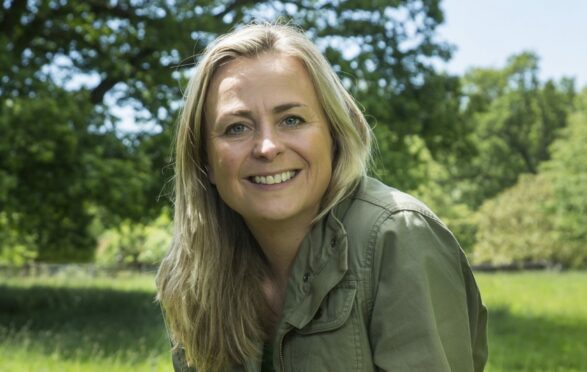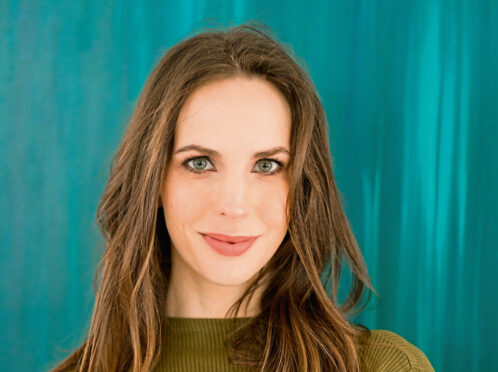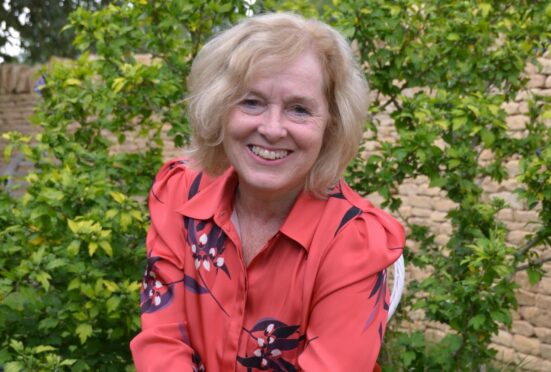
Based on the incredible true story of the author’s grandparents and their flight from Second World War Ukraine, this historical fiction couldn’t be more timely as the eastern European country this week marks the six-month anniversary of its invasion by Russia.
The book was self-published in 2020 under the title Motherland, which led it to being picked up by publisher Bookouture and renamed The Child Of Ukraine.
In it, we meet Julia – inspired by Tetyana Denford’s cherished grandmother – who is sent away by her tearful parents in the dead of night, but is later captured by Nazi soldiers and forced into a labour camp. Just as she begins to give up all hope, she meets Henry and becomes pregnant with their child. But then Julia is forced to make a terrible choice.
Fast-forward to 2011, and we find Julia in New York, still marred by the tragedy of war and harbouring a secret. But then she receives a call. Could she finally be reunited with the missing part of her heart? Or will her wounds never heal?
As her Ukrainian homeland marks the 31st anniversary of its independence from the Soviet Union, Denford, a mum of three who grew up in New York, tells P.S.: “My maternal grandmother was 18 when she escaped her home in Ukraine during the Soviet occupation (in 1939). They were rounding up people as political prisoners, much as the Russians are now.
“My grandmother’s parents told her to go to Germany. They said, oddly, she would be safer there. She escaped but her brothers were taken by Stalin’s secret police and shot in prison. My grandmother never saw her parents or her childhood home again.”
She met and married Denford’s Ukrainian grandfather before moving with him to Australia and finally emigrating to the USA. “There was no going back because Ukraine was still so dangerous,” she says.
Still based in the Big Apple, the writer and journalist, who is also a translator and commentator for news outlets during the current war in Ukraine, acknowledges her homeland’s complicated wartime history. Ukrainians fought on both sides in the Second World War. By far the majority of ethnic Ukrainians fought in the Red Army against the Germans but about 250,000 are said to have joined forces with Germany.
She explains: “Ukrainians were stuck between a rock and a hard place. They had a choice – help Germany defeat the Soviets who had invaded them, or be captured and sent to prison. Over the years, some have said Ukrainians were Nazi sympathisers or neo-Nazis. But the new modern generation of Ukrainians are now talking openly about that and explaining why that misconception occurred.”
It’s a view that Russian leader Vladimir Putin has capitalised on as part of his rationale behind the February invasion. Denford, who still has relatives in the country, says: “During the first month of the war in Ukraine I was either crying or angry and not sleeping very well. But once I started translating war footage I started to feel less helpless.”
Of the book, she says: “When I tell people the story they say it needs to be a movie because it is epic. I wanted to make sure it was seen not just as a political or war narrative. I wanted people to engage with it on a (human) level of motherhood and loss, marriage, displacement and immigration. People can become desensitised to war. And those are much more universal.”
Tetyana Denford, The Child Of Ukraine, Bookouture £10.99

Enjoy the convenience of having The Sunday Post delivered as a digital ePaper straight to your smartphone, tablet or computer.
Subscribe for only £5.49 a month and enjoy all the benefits of the printed paper as a digital replica.
Subscribe

